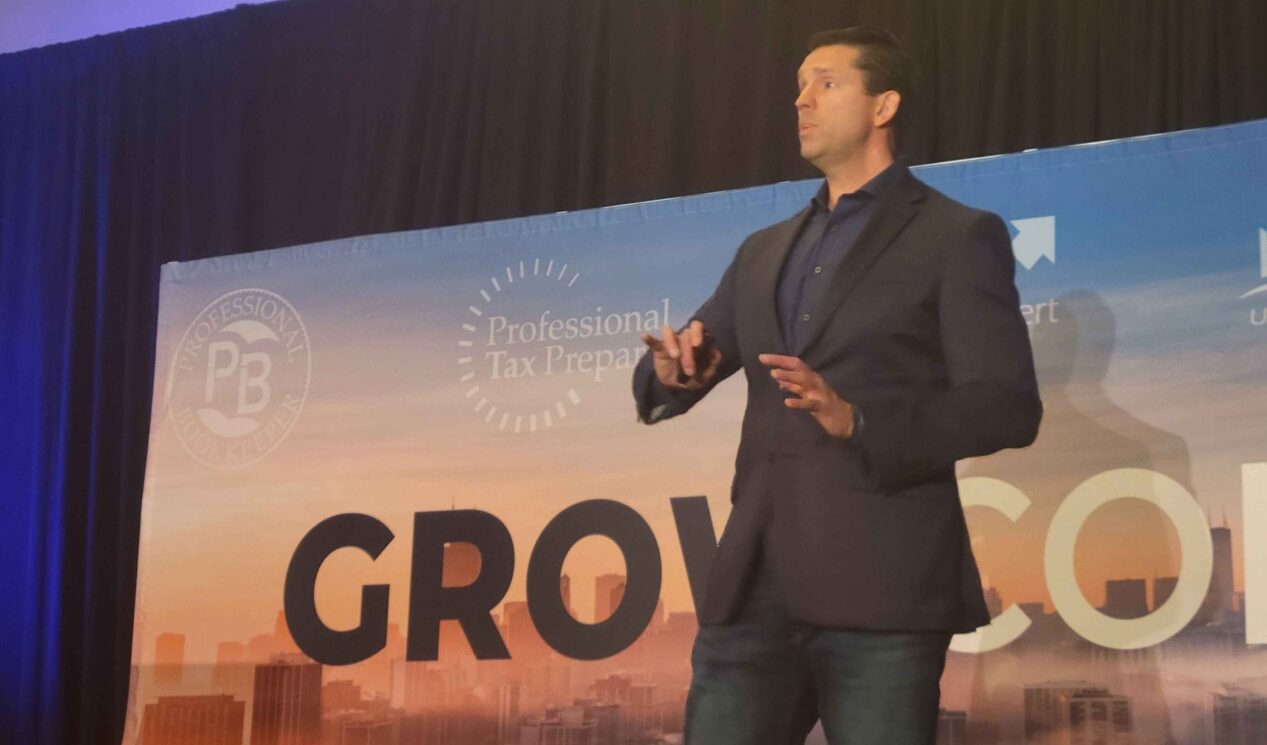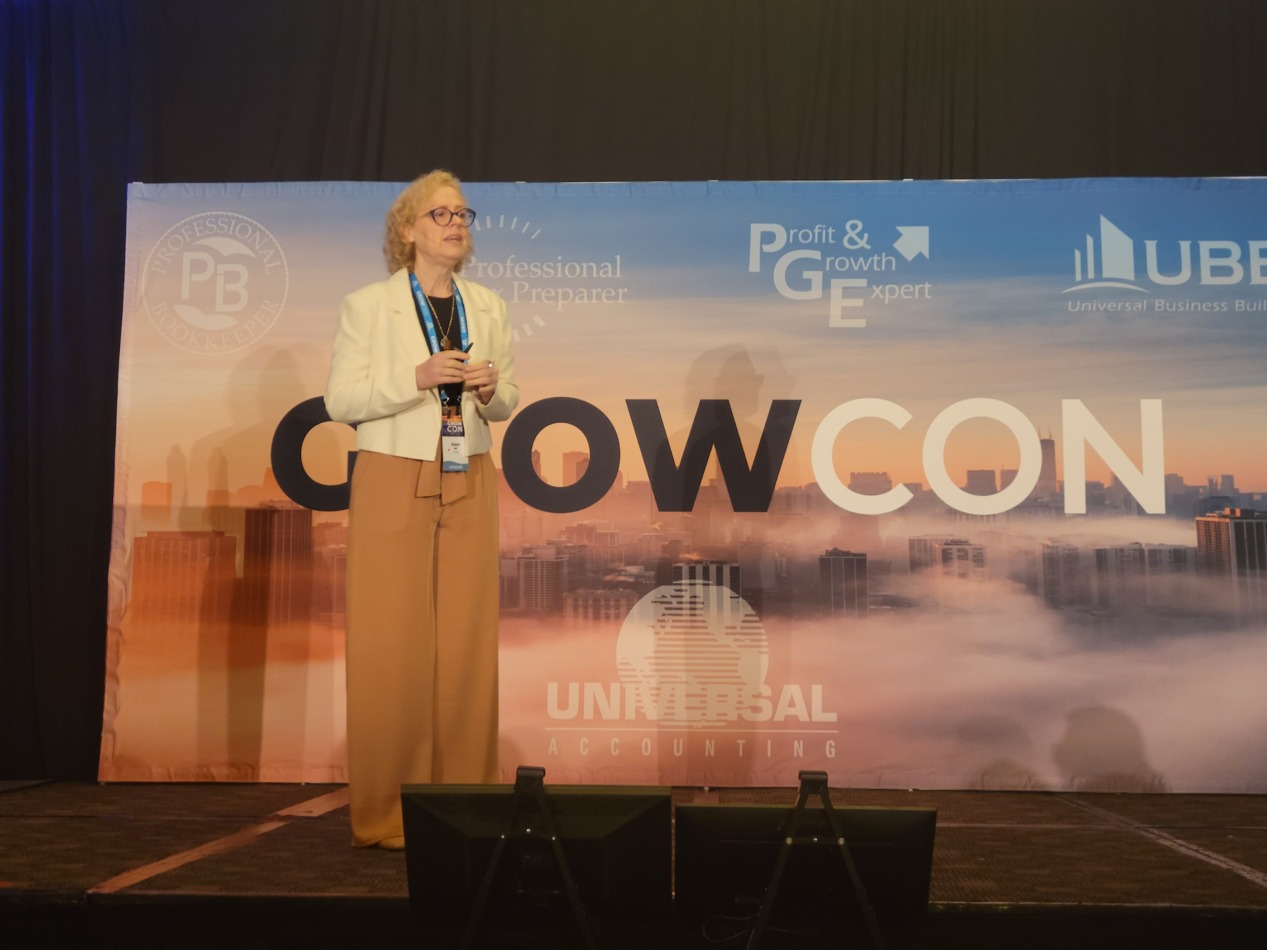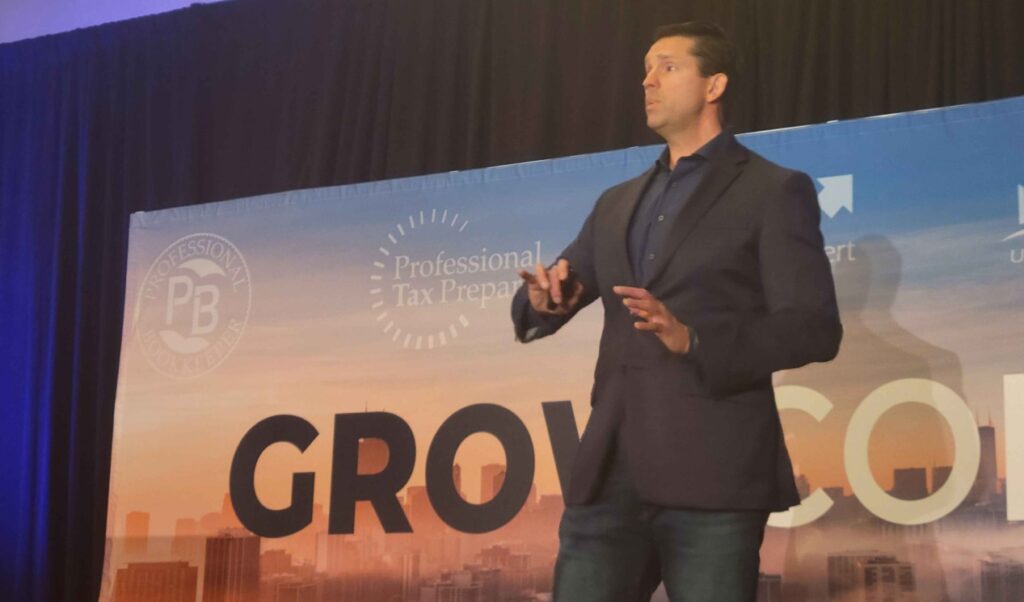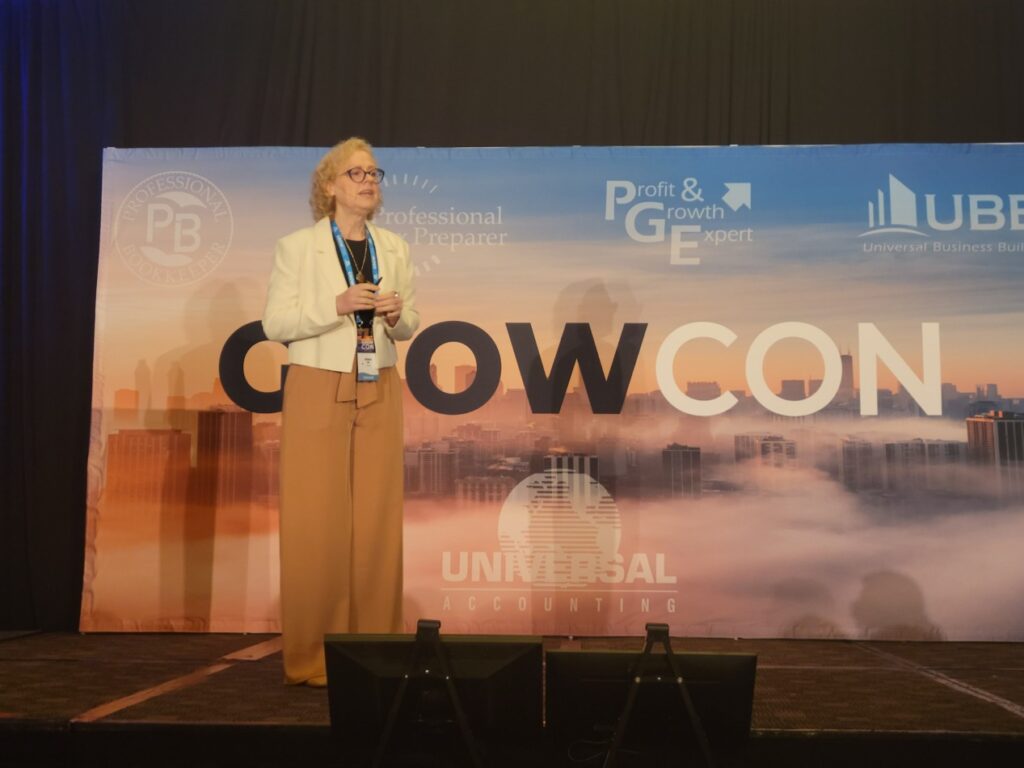 Studies show that optimism can ensure professionals more success, happiness and longevity. Individuals who see the glass as half full generally lead fuller and more satisfying lives. Unfortunately, many mistakenly believe that if we’re not hardwired to be optimistic, we’re a lost cause and should just make the best of our woe-is-me selves.
Studies show that optimism can ensure professionals more success, happiness and longevity. Individuals who see the glass as half full generally lead fuller and more satisfying lives. Unfortunately, many mistakenly believe that if we’re not hardwired to be optimistic, we’re a lost cause and should just make the best of our woe-is-me selves.
But Jason Selk, mental coach and author of Executive Toughness, argues that while optimism may be an innate characteristic, it can be learned. Inc.com author Minda Zetlin shares four of Selk’s tips in training oneself to be more optimistic. Here we share three:
1. Switch your thinking from problem to solution. Selk believes that focusing on a problem is probably a “leftover survival mechanism” from the past when humankind had to hunt for food and be on the lookout for predators. While that time is gone, many of us must exert considerable effort (at least initially) to change those thought patterns. As Selk suggests, “Any time you catch yourself focusing on a problem or self-doubt, ask yourself: ‘What is the one thing I can do differently that could make this situation better?” Turning your attention from the problem to the solution is an empowering exercise. Try it!
2. Take 30 seconds each day to visual success. Visualization is a technique used by athletes, politicians, CEO’s, and bank tellers alike to achieve greater success in their lives. In fact, you currently practice visualization yourself, although you may not be aware that you’re actually doing it. When you imagine yourself sitting in that corner office with your name on the door, you’re visualizing greater success. And when you imagine yourself getting fired for a series of mistakes, you’re visualizing failure. So as long as you’re visualizing, you might as well do it right. Selk explains, “Set an alert on your calendar to remind yourself to replay this self-image video daily. This simple mental training exercise dramatically increases the likelihood you will achieve your win, and it will improve your mood.”
3. Give yourself a mental coach. Who wouldn’t perform better with an experienced coach cheering your on daily? Selk suggest conjuring an individual who has been a role model to you. When you encounter a difficult task, ask yourself what this mentor would do and allow yourself to be encouraged by that feedback.
If you don’t naturally look on the brighter side of the things, it’s time you trained yourself to be more optimistic. Implementing these tips can help alter those thought patterns that are dragging you down. Make a change, today!
Universal Accounting Center’s Master Coaching Programs
Would you love the help of a real live coach? Universal Accounting Center has two coaching programs designed to give you that extra help you need to succeed. If you are already a Universal student, chances are that you are familiar with the Academic Coaching program. Most likely you received support when you purchased the training program. At that time, you were assigned an academic coach who was qualified to answer all of your accounting, software and tax questions.
For those who want regularly scheduled coaching sessions, Universal offers the Master Coaching Program. For a relatively modest fee (especially when compared to other coaching programs), a student is assigned a Master Coach who will follow-up with the student at pre-arranged times each week to review progress on past objectives, discuss the student’s current position, and recommend action steps to take the student to the next level.
Look into our Master Coaching Program today! We’re certain you’re an amazing financial professional. We’re also certain, that will a little coaching you can become even better. Call Universal at 1-877-833-7909 to learn more now!
Resource
Zetlin, Minda. “Train Yourself to be an Optimist: 4 Steps.” 15 January 2012 Inc.com










